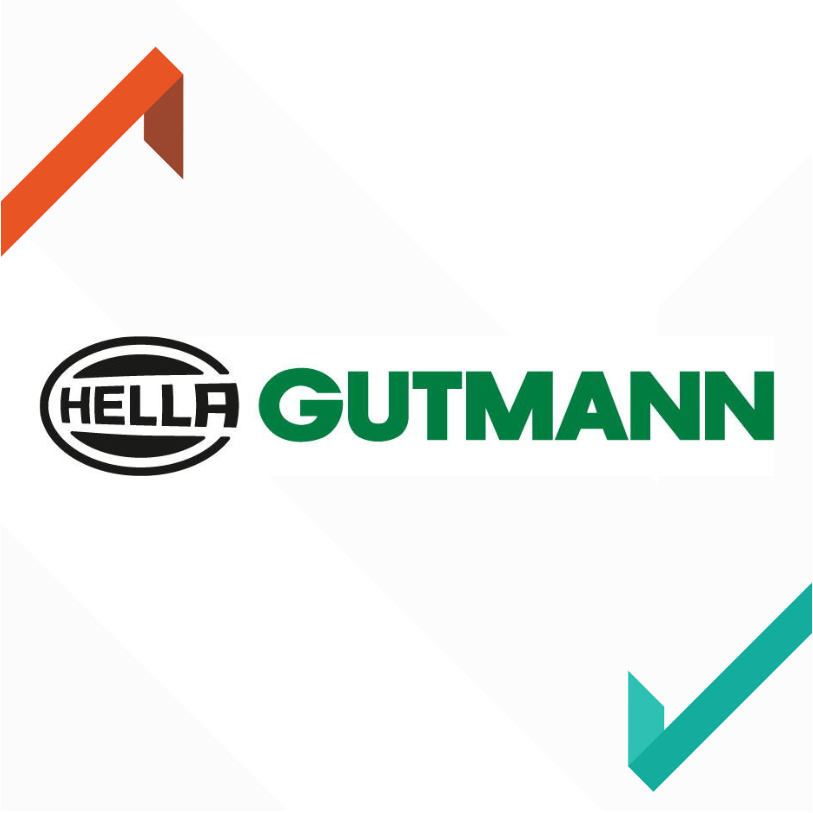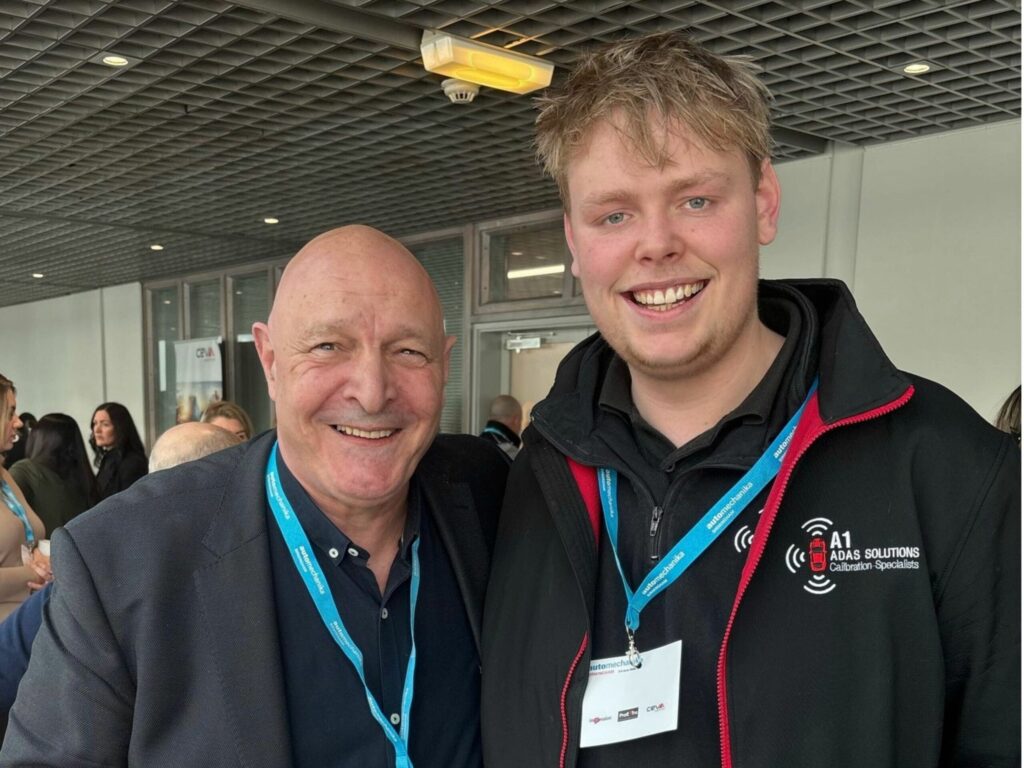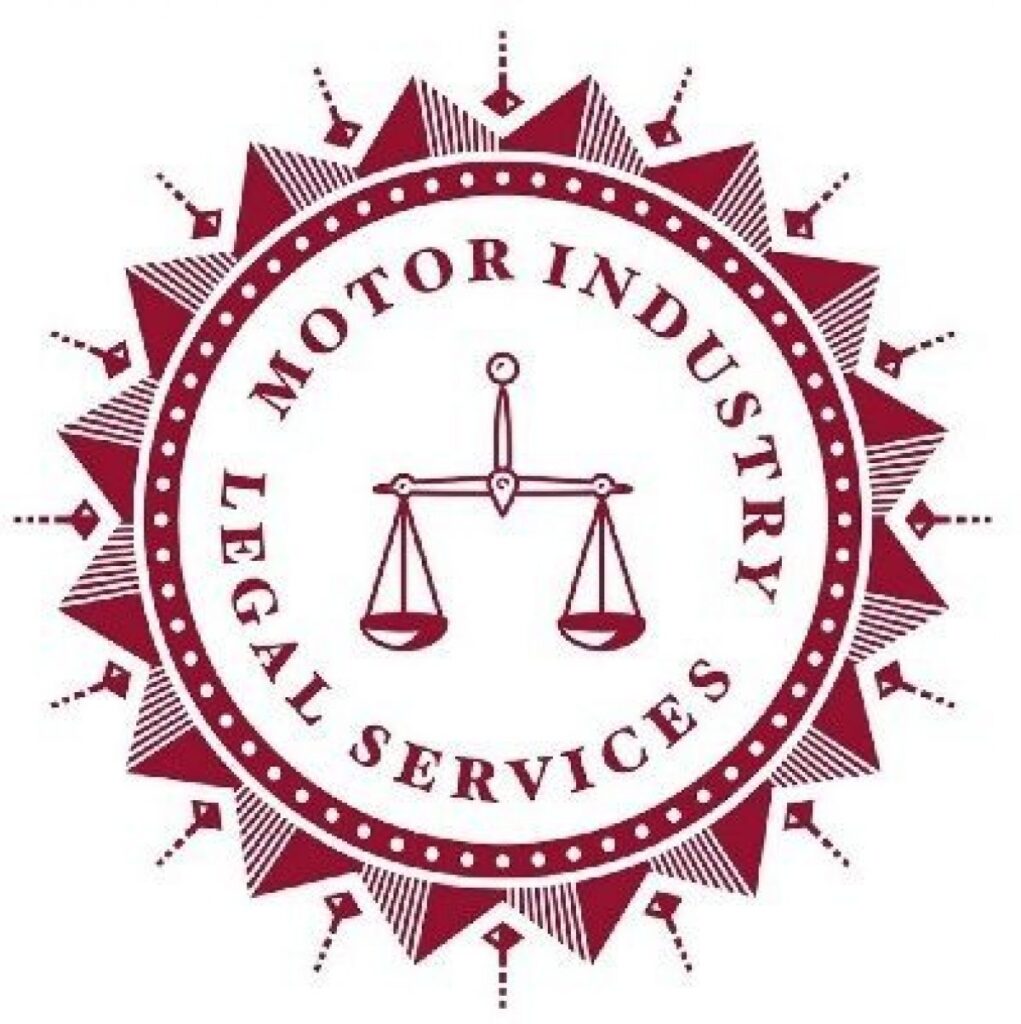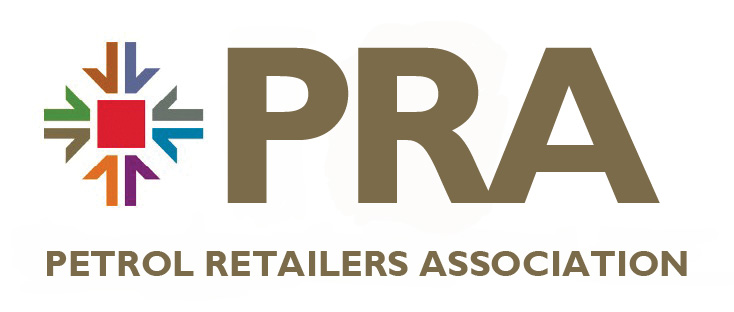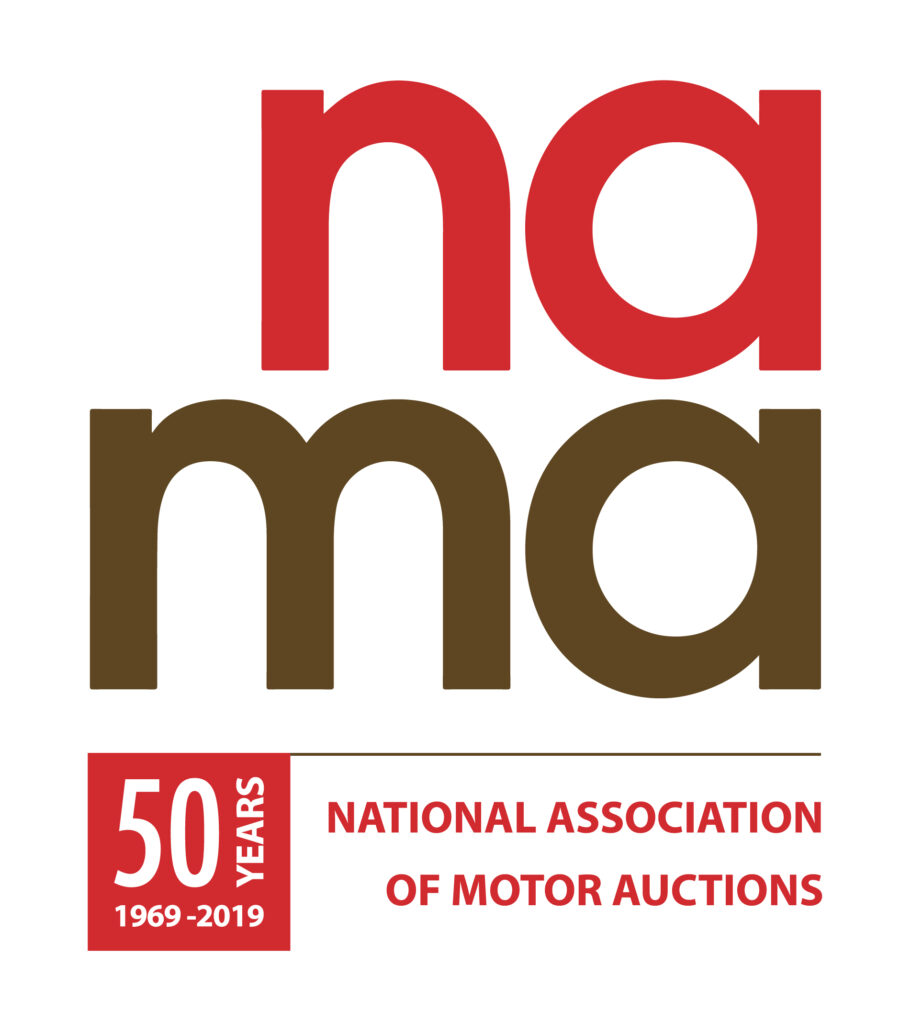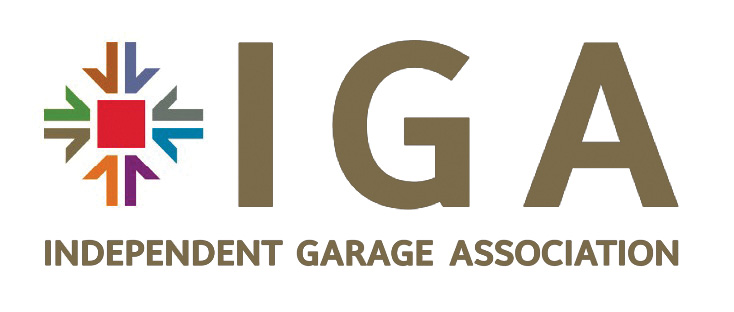[vc_row type=”in_container” full_screen_row_position=”middle” column_margin=”default” scene_position=”center” text_color=”dark” text_align=”left” overlay_strength=”0.3″ shape_divider_position=”bottom” bg_image_animation=”none”][vc_column column_padding=”no-extra-padding” column_padding_position=”all” background_color_opacity=”1″ background_hover_color_opacity=”1″ column_link_target=”_self” column_shadow=”none” column_border_radius=”none” width=”1/1″ tablet_width_inherit=”default” tablet_text_alignment=”default” phone_text_alignment=”default” overlay_strength=”0.3″ column_border_width=”none” column_border_style=”solid” bg_image_animation=”none”][vc_column_text]In January this year NBRA wrote to most of the key insurer / accident management leaders setting out our concerns about how the repair market was likely to look post-Covid.
Fortunately, many Repairers have been able to take advantage of Government lead schemes such as Furlough and CBILS funding to enable a continuation with others having their balance sheets severely affected. This is in stark difference to the huge windfalls in the region of £3.5bn enjoyed by Insurers on the back of underwriting arising from Covid restrictions. The damage to the Accident Repair Industry is now beginning to show, whilst claims volumes are recovering to pre covid levels the same cannot be said for the infrastructures of many Repairers with a barrage of industry specific issues along with the general supply issues of many UK business post Covid and Post Brexit.
We are convinced the motoring public should not be disadvantaged for what is a legal requirement to purchase Insurance, having paid inflated premiums when the risk had dismissed during lockdown then be forced to wait extended periods of time for repairs due to supply and repair capacity issues that could have been avoided by the Insurers engaging with the supply chain and utilising some of the policy’s revenues to avoid delays or even catastrophic supply chain failure.
We forecasted that repair volumes would return to something close to pre-Covid levels and as we stand now at c.90% of what we had before this was not too far wrong. We also warned that there may well be a far larger reduction of repair supply in the market (Bodyshops reducing their productive output, inability to ramp up due to staff shortages etc.) leading potentially to a 25% drop in repair capacity that could lead to a serious reversal of the market’s supply and demand dynamic. Whilst we cannot be entirely sure how much repair capacity has reduced, we are absolutely sure that we are now in the midst of exactly this problem.
NBRA warned in January that the following was likely to happen:-
- Repairers with too much work would begin to start rejecting their lower performing contracts
- Insurers faced with supply issues would likely have to pay more for repair and see AD inflation as a result
- Stronger repairers would likely have an appetite to grow market share likely exacerbating the skills shortage leading to technician wage inflation
- A high likelihood of service level issues and repair delays
To minimise the likelihood of these outcomes NBRA recommended that on the back of underwriting windfalls due to Covid, repairer contractual terms could be significantly improved in advance of supply issues as an incentive to secure goodwill, capacity and to maintain customer service levels.
Alternatively if labour rates are too emotive, we recommended that for an underwriter to differentiate themselves to retain capacity they could make the following changes:-
- Remove parts discounts from repairer contracts
- Allow the use of approved non-OE parts and green-recycled where appropriate whilst allowing repairers to charge out at VM retail cost
- Remove (or reduce) paint discounts from repairer contracts
Unfortunately, to our knowledge no pro-active action as suggested above was taken and consequently everyone is now suffering from the effects of repair capacity supply being lower than demand.
NBRA asks, when will this market stop operating in a short-sighted tactical way and begin to work together with the Customers’ interests being the real priority?
Other Challenges
As we muddle through the above problem, the repair industry is simultaneously dealing with a range of other distracting challenges.
Parts Supply
Whilst there have always been sporadic parts supply problems and at times it has been used as an excuse for delays by repairers who may not have followed best practice, there is no doubt that as a result of Covid-19 production stoppages, changed vehicle manufacturer focus into EV, shipping and Brexit delays, there are multiple examples of damaged vehicles that cannot either be started or finished due to supply issues. To a great extent this cannot be helped, but affects repairers in the following ways:-
- They can’t invoice unfinished repairs (affecting cashflow)
- Courtesy car durations are extended (eroding profitability)
- Additional cars are being hired to supplement their courtesy car fleet
- Reduced space on site for new repairs
- Reduced discounts provided on these back-order parts (again affecting profitability)
- Some contracts have penalties for longer K2K times and these are being enforced even when it is due to parts supply
- Policyholders do not appreciate the issues caused by parts supply and are giving negative feedback, which in turn can affect remuneration.
Inflation
NBRA receive contact daily from Members dealing with the rising costs of running a Bodyshop
- Lease cars increasing from £120 to £160 / month
- Wage inflation driven by a shortage of skilled staff
- Massive utilities inflation especially gas for the ovens and fuel
- Rent inflation
- Constant increases to consumables
The full list is extensive, and yet, still no positive contract reviews, no increases to Zone 99 items (for up to 10 years in many cases!)
Authorisation Delays
Rather than making progress in this regard, we appear to have gone backwards as an industry. Increased claims costs which should have been forecasted and included in pricing, mostly driven by parts price inflation, increased technology and increased vehicle values appears to have caused underwriters to challenge their engineering teams to work harder, find more savings, increase intrusion or in the worst cases challenge their Accident Management Company intermediaries to find savings or face a tender to move the work.
NBRA is hearing of hundreds of customers having repairs delayed in some cases in order to save cost or because Engineering functions have been unable to ramp up post Covid or adjust to the increased controls they are having to implement. Again, the customer loses out, but of course also the repairer who has more courtesy cars in circulation waiting up to 10 days in some cases for authorisation.
Risk
NBRA appeals to the risk representatives on executive boards to take note. The repair industry cannot continue to be squeezed in this way. At some point a corner will be forced to be cut. A technician won’t have received the appropriate training, an ADAS reset will not get completed properly, equipment that should have been replaced will fail or not do its job properly, a part will be repaired and fail that should have been replaced with new. A customer will get injured or worse as a result of a continued contracted failure to implement a fair consistent mechanism of compensation for repairers that all insurers are forced to abide by, allowing insurers to compete in their area of true differentiation, underwriting and customer service excellence.
The war will not be won by cutting any more cost in the supply chain as it is reaching breaking point – but we all stand to lose so much more if we don’t act now. How much do you value your customers and brand?
Call to action
NBRA is calling on Insurance Execs, Accident Management Execs and Fleet owners, to put their business names forward to join a working party (independently lead if necessary) to find a lasting solution to this problem which at the very least ensures that repairer rates move collectively with inflation.
Immediate Crisis
One of the biggest issues we face in the repair industry as previously mentioned is a shortage of skilled technicians. Repairers are in part responsible for this due to a failure to take on apprentices over the last 10 years, but that is not the whole story. Contractual terms that have not moved with inflation has meant in the past technicians have also seen low pay inflation in what is a very skilled, high risk, physically demanding job. We are asking these people to work for around £15 / hour which is why they are leaving the industry for unskilled jobs that pay similarly or as youngsters they don’t see the incentive to start as an apprentice.
It is hard to get a gardener, handyman or barber at these rates and yet we expect these people to do a perfect job of repairing incredibly technical vehicles that our customers will carry their families in.
NBRA is seeking an immediate change of terms for repairers whereby ALL of the proceeds go directly to Bodyshop staff with none going to the business owners. Again we would need an agreed mechanism for this, but we need an urgent change before quite possibly an extinction level event occurs in the body repair sector.
Summary
NBRA will be contacting you directly requesting your participation in resolving these last two topics. We are going to publish the names of the highly responsible businesses that agree to get involved and those that don’t. We will also promise that nothing will change unless everyone agrees to change collectively.[/vc_column_text][/vc_column][/vc_row][vc_row type=”in_container” full_screen_row_position=”middle” column_margin=”default” scene_position=”center” text_color=”dark” text_align=”left” overlay_strength=”0.3″ shape_divider_position=”bottom” bg_image_animation=”none”][vc_column column_padding=”no-extra-padding” column_padding_position=”all” background_color_opacity=”1″ background_hover_color_opacity=”1″ column_link_target=”_self” column_shadow=”none” column_border_radius=”none” width=”1/1″ tablet_width_inherit=”default” tablet_text_alignment=”default” phone_text_alignment=”default” overlay_strength=”0.3″ column_border_width=”none” column_border_style=”solid” bg_image_animation=”none”][/vc_column][/vc_row]


